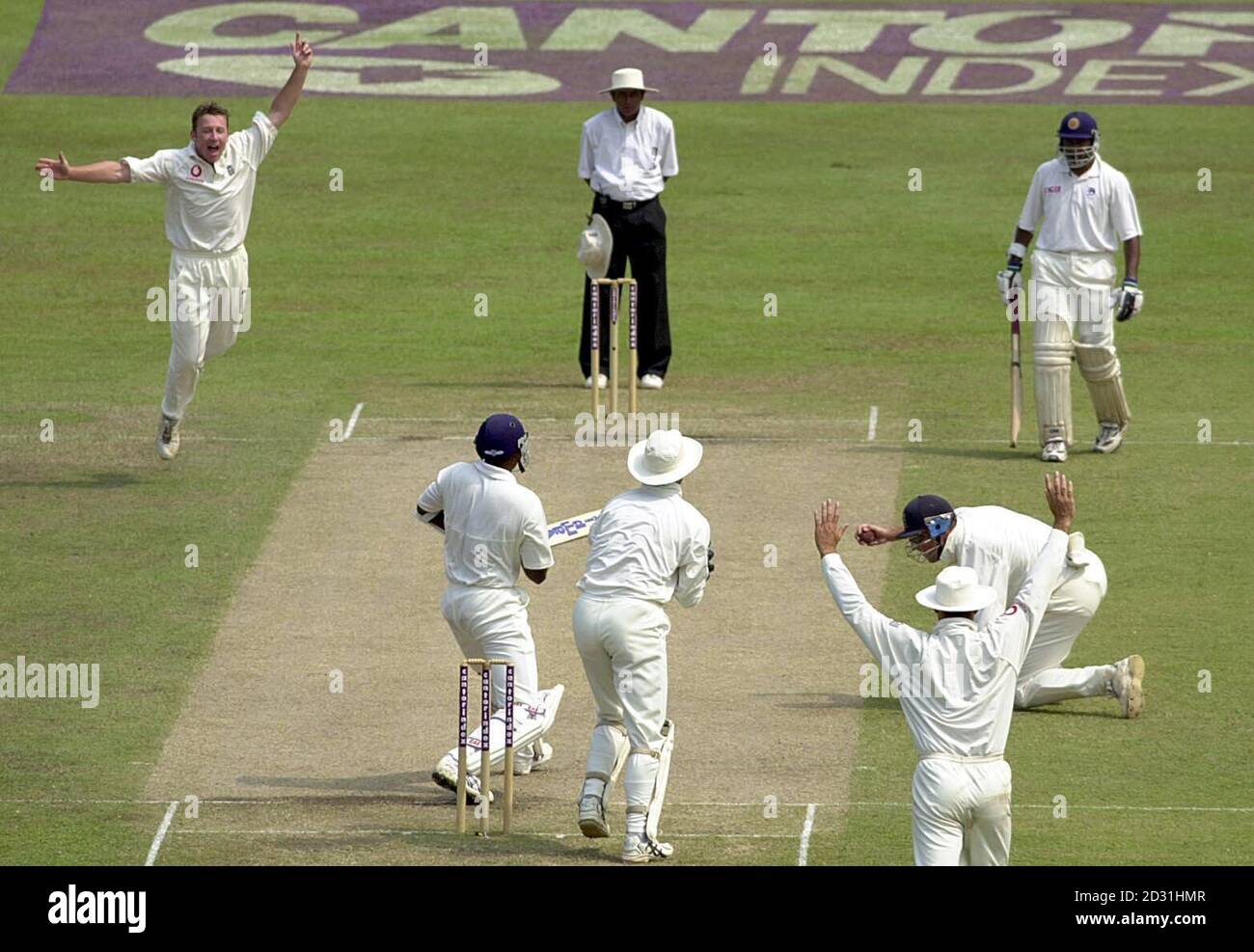The air in Colombo was thick with anticipation, not just humidity, as cricket fans around the globe braced themselves for one of sport`s most electrifying spectacles: India versus Pakistan in the 2025 World Cup. This wasn`t merely a match; it was a narrative, a historical epic played out on a patch of grass. Yet, before a single delivery was bowled, before the first cheer or groan, the opening act itself became an unexpected scene of mild bewilderment.
The toss, that deceptively simple ritual meant to decide who bats or bowls, typically a mere formality, transformed into the day`s first talking point. As Indian skipper Harmanpreet Kaur sent the coin spiraling skyward, Pakistan’s captain, Fatima Sana, declared her preference: “Tails.” A clear call, one would presume. However, in an auditory mishap that defied the precision expected of a global sporting event, both match referee Shandre Fritz and announcer Mel Jones distinctly registered “Heads.” The coin, obligingly, landed on “Heads.” In an instant, the toss was awarded to Pakistan, and Fatima Sana, perhaps a touch bemused but certainly not complaining, chose to field first. Harmanpreet, absorbing the turn of events with a poker face, offered no immediate objection. It was a moment that underscored the peculiar fallibility of human perception, even under the brightest stadium lights and amidst the most rigorous protocols. One might ponder the sheer irony: billions invested in broadcasting, state-of-the-art umpiring technology, yet a simple coin call could be so profoundly misconstrued.
This seemingly minor procedural hiccup, while not a game-changer in the grand scheme, certainly set an unusual precedent for the match. Opting to field first is a strategic decision, often influenced by pitch conditions or anticipated dew, but here, it was the unintended consequence of a miscommunication. Did this initial moment of confusion subtly alter the psychological landscape for either team? Did it add an unexpected layer of “what if” to the pre-match tension? Such nuances, imperceptible to the casual observer, can sometimes ripple through the entire contest.
Adding another layer to this pre-game drama was a rather familiar, albeit regrettable, omission: the traditional handshake between captains. Following a pattern observed in men`s cricket, both Harmanpreet and Fatima opted to forgo this customary gesture of sportsmanship. While perhaps a symptom of the intense rivalry and high stakes rather than a deliberate slight, its absence speaks volumes. In a sport often lauded for its spirit and camaraderie, the unspoken refusal to exchange pleasantries at the very outset of such a pivotal encounter only amplified the underlying tension, painting a stark picture of competitive zeal that leaves little room for conventional courtesies. It`s a pragmatic approach, perhaps, but one that inevitably invites discussion about the spirit of the game when rivalry takes precedence over tradition.
As the players finally took to the field, the echoes of the misheard toss and the unspoken greetings lingered. It was a reminder that even at the pinnacle of professional sport, the human element – with its imperfections and complexities – remains irrevocably intertwined with the grand narrative. The 2025 World Cup clash between India and Pakistan in Colombo began not with a bang, but with a slight, almost comical, whisper of confusion, leaving spectators to wonder what other unexpected turns this highly anticipated saga would bring.

